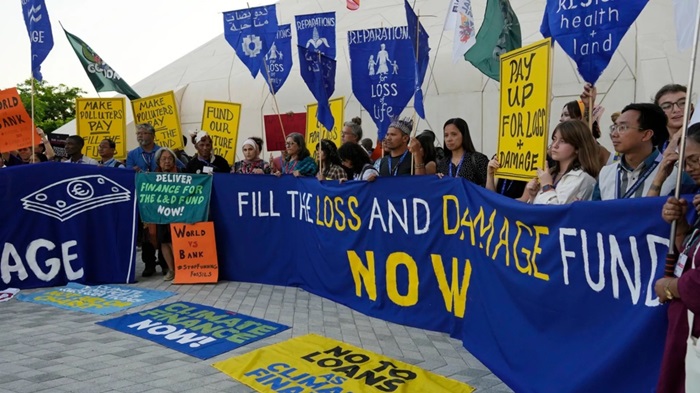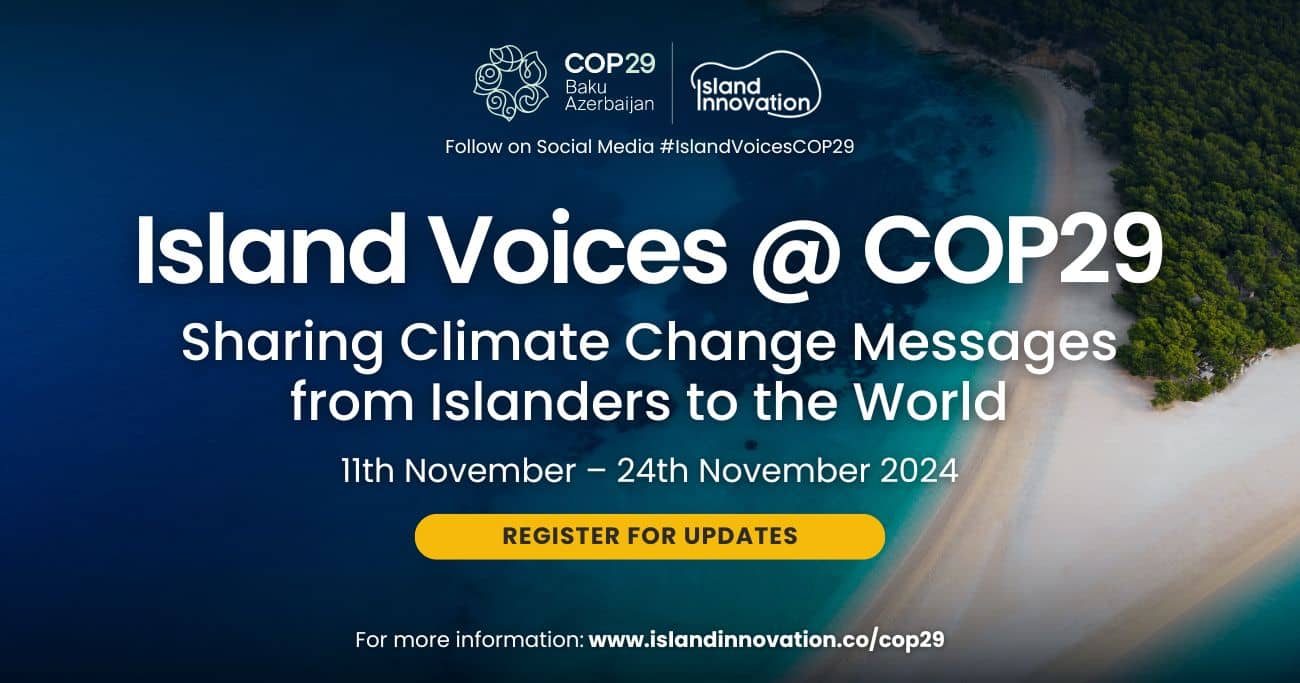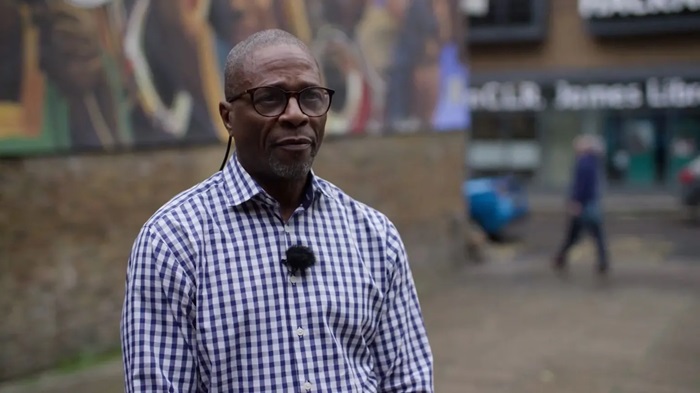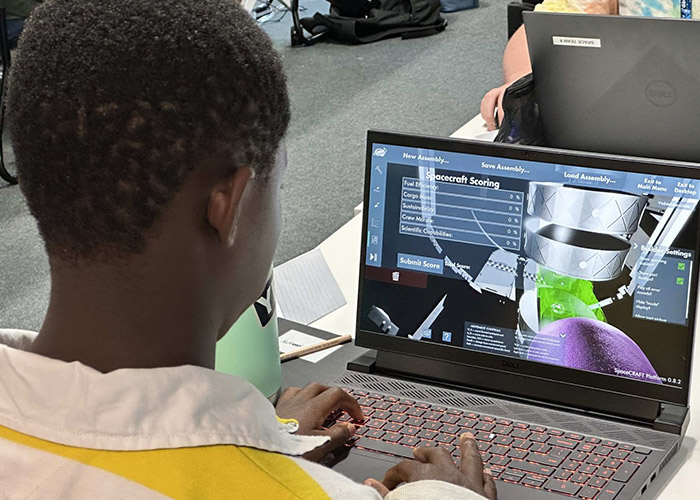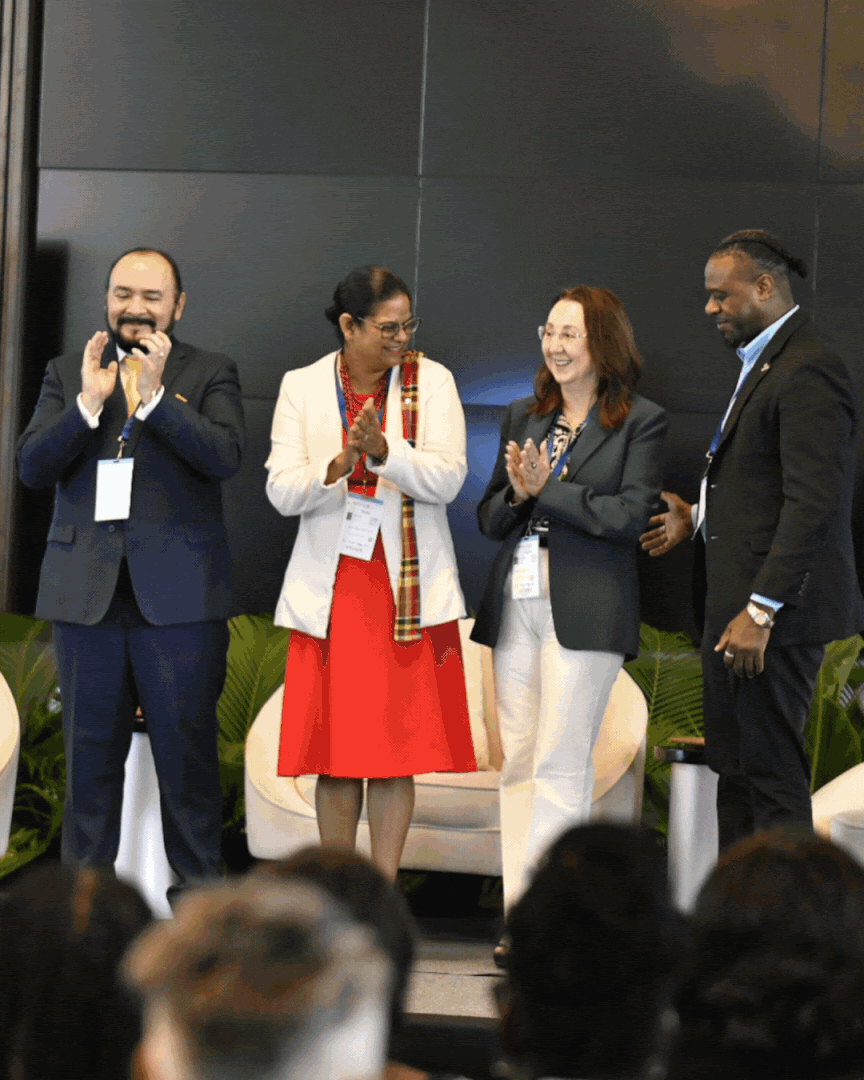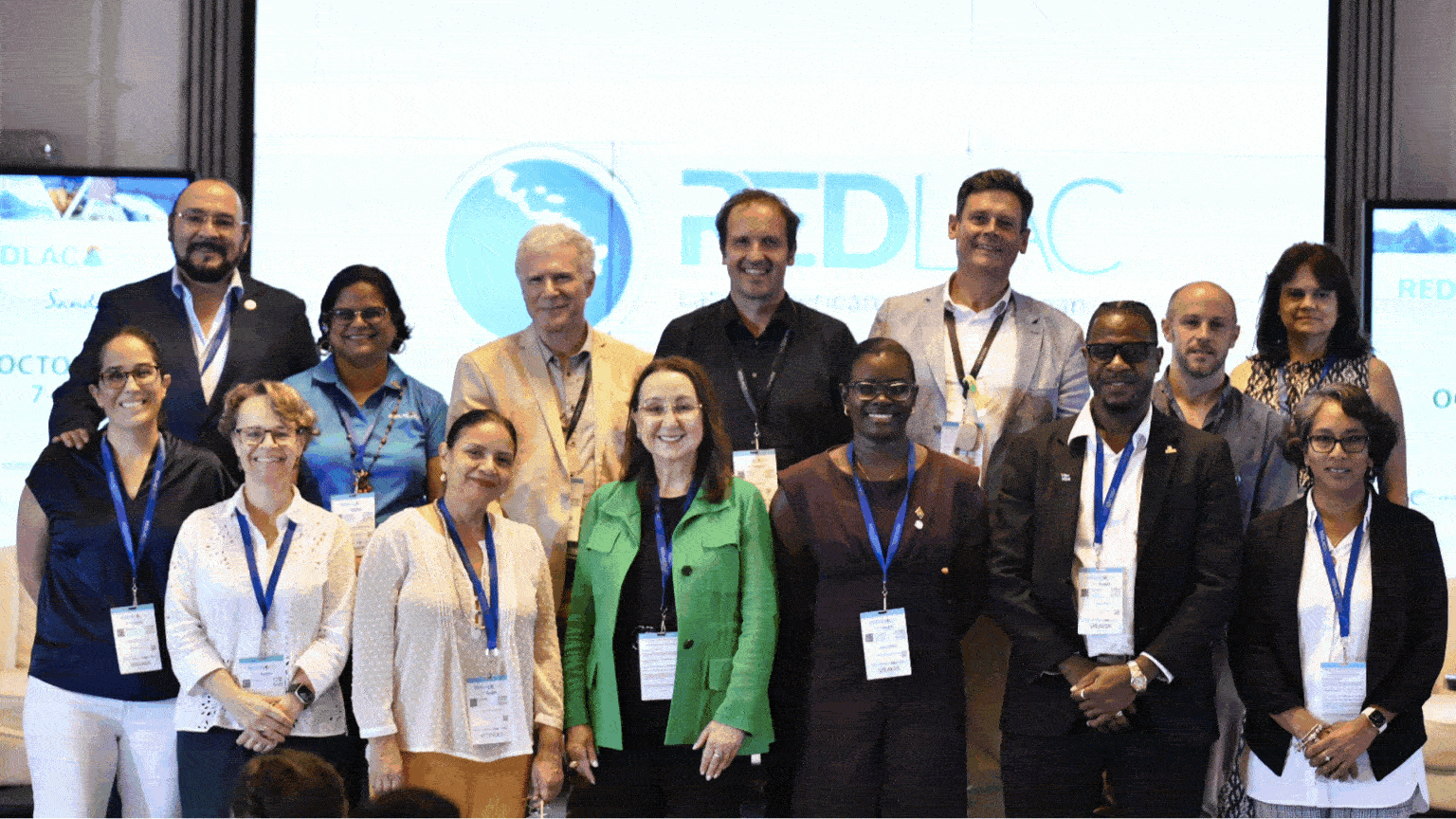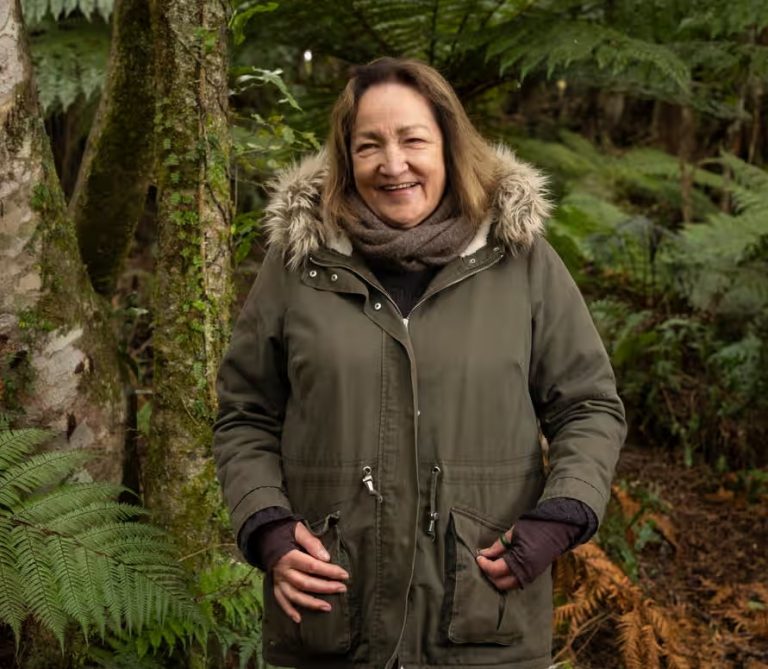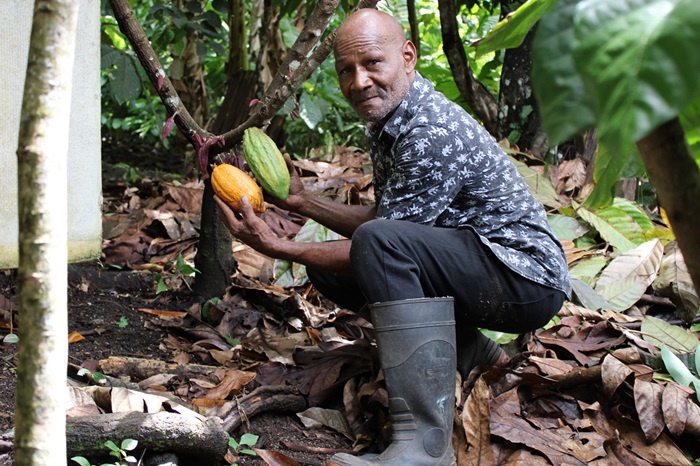Historic loss and damage fund could finally pay out in 2025
Climate-vulnerable countries could start receiving money from the long-awaited loss and damage fund as early as 2025. This pot of money is intended to help compensate low-income countries for the damage caused by climate-related natural disasters. It has faced a number of hurdles throughout its development but finally, the funds could start being disbursed to those who need them most as soon as next year.
Next month, the Island Innovation team will be reporting from the ground, hosting in-person and virtual side events in partnership with different impactful organisations. Island Voices @ COP29 will be a space to share key insights and developments related to island communities! You have already registered to receive exclusive updates & important resources directly from the global conference.
Tackling mental health stigmas in Afro-Caribbean communities
“There is significant stigma within African-Caribbean communities around mental health and its connotations,” says Peter Merrifield. The north-east Londoner’s personal experience of mental health challenges spurred him on to set up a social enterprise to help others from an African and Caribbean heritage.
Pacific Islands Students Offered Space Education Opportunities
Two private Australian organisations, One Giant Leap Australia Foundation and Cambrian Defence & Space, have joined forces to bring space education outreach to Pacific Island nations by offering scholarships to Pacific Island nation students to attend the Global Space Challenge 2024.
The RedLAC Congress 2024, held in Saint Lucia, served as a pivotal platform for advancing conservation efforts in Latin America and the Caribbean.
Over the course of the event, participants engaged in robust discussions centred on replicable strategies to achieve the ambitious target of conserving 30% of land and sea areas by 2030. Beyond the comprehensive plenary sessions & workshops on climate resilience, biodiversity conservation and the circular economy, the organisers introduced several noteworthy initiatives.
On the second day of the event, Karen McDonald Gayle and her team from the Caribbean Biodiversity Fund launched a new Call for Proposals for the Ecosystem-based Adaptation (EbA) Facility. This initiative offers USD 15.5 million in grant funding to support EbA-based projects that address climate change adaptation challenges within the marine and coastal zones of the insular Caribbean.
As a fitting conclusion to the conference, the Saint Lucia National Conservation Fund (SLUNCF) officially announced the establishment of the Marine Health Alliance (MHA). The MHA aims to bridge the gap between sustainable tourism and marine conservation by transforming donations into tangible actions such as reef protection, coastal clean-ups, restoration of mangroves and seagrass beds, and advocacy for the health of Saint Lucia’s waters.
The RedLAC Congress was a truly inspiring event, and we were honoured to participate as a supporting partner. We extend our congratulations to RedLAC, the Sandals Foundation, the Caribbean Biodiversity Fund (CBF), and the Saint Lucia National Conservation Fund (SLUNCF) for their commitment to advancing the 30×30 goals.
Here are a few resources written by reporter Tyrell Gittens:


